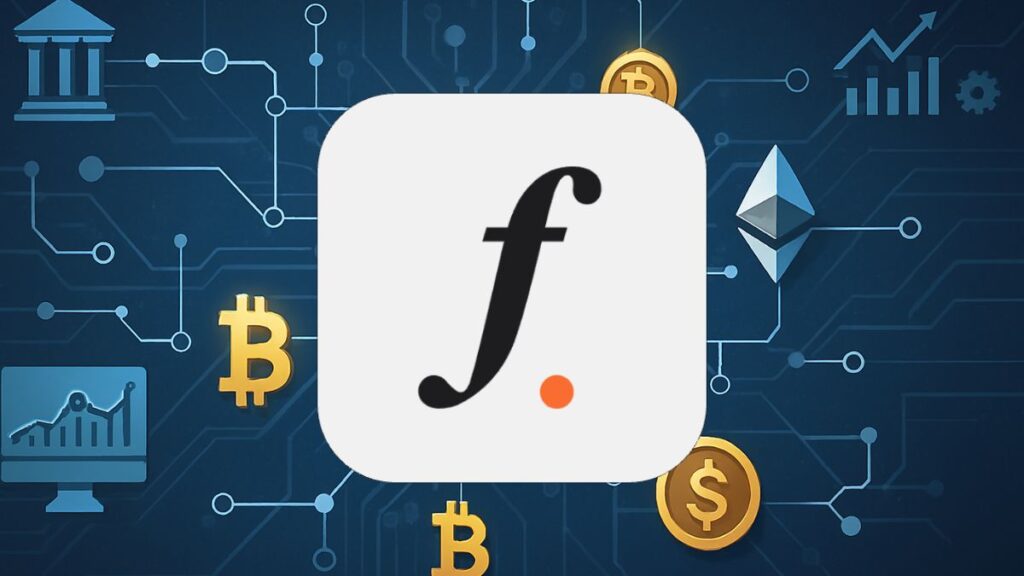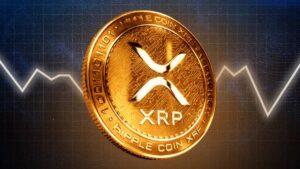Falcon Finance has emerged as a notable name in the evolving landscape of decentralized finance, capturing attention for its ambitious vision and growing community. Positioned as more than just another blockchain project, it represents a broader movement toward financial innovation, accessibility, and trust in a rapidly transforming digital economy.
What is Falcon Finance?

Introduction to Falcon Finance
Falcon Finance is a DeFi protocol that has gained attention for its role in bridging traditional finance with blockchain-based innovation. Launched as a synthetic dollar platform, it provides a framework for creating stable, collateral-backed digital assets while offering users access to yield opportunities. Unlike many experimental projects, Falcon Finance positions itself as a structured ecosystem designed to attract both retail participants and institutional players seeking compliant, transparent, and scalable solutions.
Core Identity and Purpose
At its core, Falcon Finance is not simply another DeFi application but a universal collateralization infrastructure. Its mission is to enable the creation of synthetic assets that maintain stability while unlocking liquidity across multiple blockchain networks. This positioning allows the protocol to stand out in a crowded market, where stability and trust are often questioned. By focusing on transparency, audited reserves, and cross-chain interoperability, Falcon Finance appeals to users who value both innovation and security.
The Role of USDf and Ecosystem Growth
The ecosystem is anchored by Falcon USD (USDf), an overcollateralized synthetic dollar that serves as the foundation of the platform. USDf is designed to function as a reliable medium of exchange and store of value within the protocol. Its presence has allowed Falcon Finance to expand into areas such as liquidity provisioning, lending, and cross-market participation. The project’s growth has been supported by significant fundraising rounds, highlighting investor confidence in its long-term vision.
The FF Token
Falcon Finance also features its native token, FF, which plays a central role in governance and incentives. With a fixed supply, FF grants holders voting rights on protocol upgrades, access to ecosystem rewards, and potential benefits such as reduced fees. Beyond governance, the token symbolizes user participation in the protocol’s evolution, ensuring that community members remain directly involved in shaping Falcon Finance’s trajectory.
How Does Falcon Finance Work?

Collateralization Framework
Falcon Finance operates as a universal collateralization infrastructure, allowing users to deposit a wide range of liquid assets to mint synthetic dollars. Supported assets include major cryptocurrencies such as Bitcoin and Ethereum, stablecoins like USDC and USDT, and even select tokenized real-world assets. The system applies different collateralization ratios depending on asset volatility: stablecoins are accepted at a 1:1 ratio, while more volatile assets require higher overcollateralization. This ensures that the protocol maintains stability and minimizes systemic risk.
Minting and Redemption Process
Once collateral is deposited, users can mint Falcon USD (USDf). The minting process is fully transparent, with all collateral balances tracked on-chain. Users can later redeem USDf by returning it to the protocol, which unlocks their collateral. This mint-and-redeem cycle is designed to maintain liquidity and ensure that USDf remains reliably backed. By enforcing strict collateral requirements, Falcon Finance preserves the integrity of its synthetic assets while offering users flexibility in managing their holdings.
Yield Generation Through sUSDf
Beyond minting, Falcon Finance enables users to stake USDf to create sUSDf, a yield-bearing version of the synthetic dollar. This token channels liquidity into diversified strategies, including institutional-grade trading mechanisms and market-neutral approaches. By doing so, the protocol generates consistent returns while maintaining transparency. Users can choose between flexible staking for liquidity or fixed-term staking for higher yields, giving them control over their risk and reward preferences.
Risk Management and Transparency
A defining feature of Falcon Finance is its emphasis on risk management. The protocol employs automated liquidation mechanisms to protect against undercollateralization, ensuring that positions remain secure even during market volatility. Additionally, all collateral and liabilities are visible on-chain, providing users with real-time transparency. This combination of robust safeguards and open accounting reinforces trust in the system and positions Falcon Finance as a reliable DeFi infrastructure.
What is the FF Token?

Introduction to FF Token
The FF token is the native digital asset of Falcon Finance, designed to serve as the backbone of its decentralized ecosystem. Unlike purely speculative tokens, FF was created with a defined utility framework that integrates governance, incentives, and ecosystem participation. Its presence ensures that users and stakeholders remain actively engaged in shaping the protocol’s future. By combining governance rights with economic benefits, the FF token functions as both a coordination tool and a value driver within Falcon Finance.
The Role of the Token
At its core, the FF token operates as a governance and utility instrument. Holders can vote on proposals related to protocol upgrades, risk parameters, and ecosystem expansion. Beyond governance, FF is used to incentivize participation through staking rewards, liquidity provision, and access to exclusive features.
This dual role strengthens the alignment between the protocol and its community, ensuring that decision-making remains decentralized while rewarding active contributors. The token’s design reflects Falcon Finance’s broader mission of building a transparent and sustainable DeFi infrastructure.
Is the FF Token a Good Investment?
Whether FF is a good investment depends on market conditions, adoption, and the protocol’s ability to deliver on its roadmap. As a governance token, its value is closely tied to the growth of Falcon Finance and the demand for its synthetic dollar ecosystem. Investors may find appeal in its fixed supply, staking opportunities, and role in shaping the protocol’s trajectory. However, like all digital assets, FF carries risks, including volatility, regulatory uncertainty, and competition from other DeFi projects. Potential investors should evaluate these factors carefully before committing capital.
Market Outlook and Adoption
The FF token has gained visibility through listings on major exchanges and participation in liquidity programs. Its integration into Falcon Finance’s ecosystem positions it as a central component of the protocol’s growth strategy. As adoption of synthetic assets and decentralized collateralization expands, FF could benefit from increased demand and utility. Long-term success will depend on Falcon Finance’s ability to maintain transparency, attract institutional interest, and deliver consistent innovation in the DeFi space.
Conclusion
Falcon Finance stands as a strong example of how decentralized finance continues to evolve, blending innovation with a structured approach to growth. Its ecosystem, community, and vision highlight the broader shift toward accessible, transparent, and resilient financial models. As the digital economy expands, Falcon Finance remains positioned as a project to watch.










